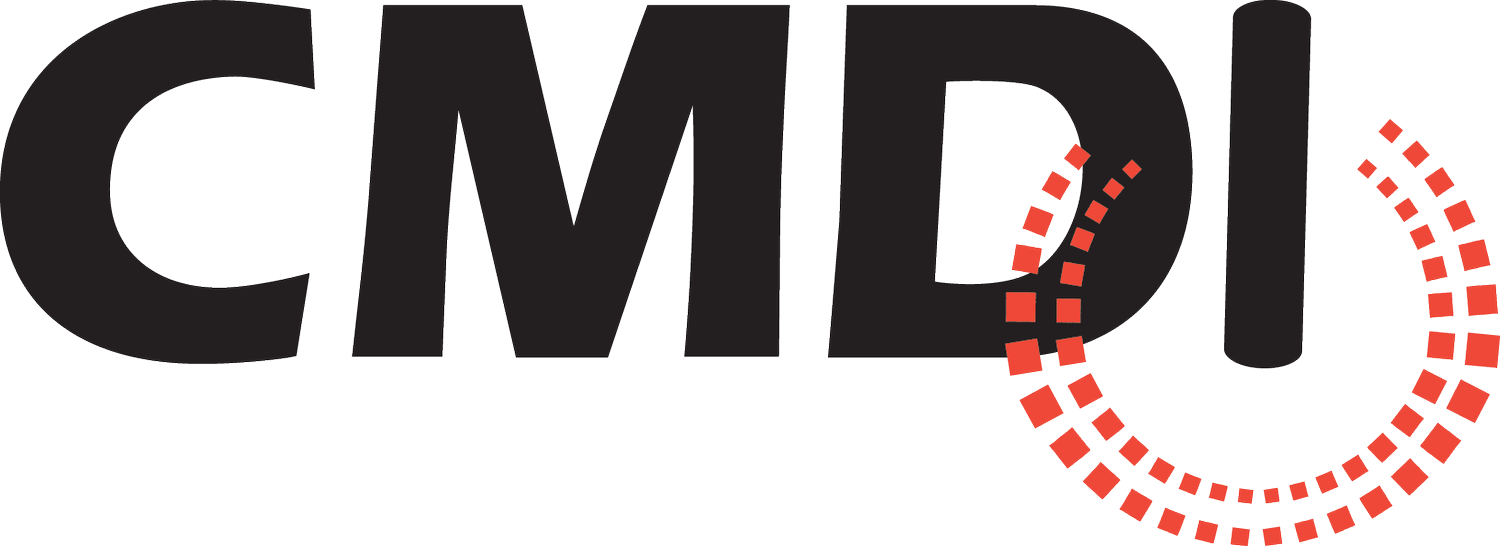I: CMDI Political Glossary
-I-
Identification
For purposes of recordkeeping and reporting, a person’s full name and address and, in the case of an individual, his or her occupation (principal job title or position) and employer (organization or person by whom an individual is employed) as well.
Ideological Contributor
A classification used by campaign finance analysts to denote a person or group who makes a political donation in support of a philosophy (e.g., conservatives) or issue (education reform), as opposed to business contributors and labor contributors.
Ideological PAC
A term used by campaign finance analysts, not one defined by law, referring to a PAC organized around an idea, philosophy, issue, or political party, as opposed to a business or labor PAC.
In-kind Contributions
A contribution of goods, services or property offered free or at less than the usual and normal charge. The term also includes payments made on behalf of, but not directly to, candidates and political committees (except for independent expenditures or non-coordinated communications).
Inaugural Committee
A fundraising committee set up by the president-elect to help pay for the inauguration ceremony and festivities. Contributions to an inaugural committee have no legal limits, meaning donors can give large donations, even if they already gave the maximum amount to the president-elect’s campaign committee. An inaugural committee’s contributions and expenditures do not have to be disclosed, although the president-elect often voluntarily identifies donors and amounts. Excess inaugural funds could be transferred to the national and state political parties as soft money before the Bipartisan Campaign Reform Act went into effect. The BCRA bans the national parties from collecting soft money, but leftover inaugural funds can still go to state and local parties.
Incumbent
Person holding an elected office. Usually refers to an elected official running for re-election.
Incumbent Rule
A rule of thumb used by pollsters that says incumbents rarely get a higher percentage in the election than they receive in polls, and that voters still undecided on the very last poll tend to “break” disproportionately for the challenger.
Independent Expenditure-Only Political Committee (IEOPC)
A political committee that makes independent expenditures, but does not make contributions to a candidate. These committees may solicit and accept unlimited contributions from individuals, corporations, labor organizations and other political committees. They may not accept contributions from foreign nationals, federal government contractors, national banks or federally chartered corporations. Such committees must register with the FEC and comply with all applicable reporting requirements under the Act. Also known as a Super PAC.
Individual Contributions
Limited, regulated contributions made by an individual to a candidate’s campaign committee, a PAC or a political party. Contribution limits are set by the FEC at the beginning of each election cycle.
Inside Baseball
The intricate knowledge of a process not normally known to the public and only of interest to insiders.
Inside Game
Interest groups’ efforts to influence government by direct and close contact with government officials. See also Lobbying.
Inside the Beltway
An issue that is described as “inside the Beltway” is said to be only of concern to the people who work in the federal government and is of little interest to the nation at large. The Beltway refers to the I-495 Loop that circles the District of Columbia, Northern Virginia and parts of Maryland. See also Beltway.
Invisible Primary
The period between when a candidate announces their bid for public office and when the actual primaries take place. Also referred to as the “money primary” since candidates spend most of their time during this period raising money in an effort to show political strength.
Iron Triangle
Political advertising that does not specifically call for the election or defeat of a named candidate but focuses on matters of public concern is called issue advertising.
Issue Ads
Political advertising that does not specifically call for the election or defeat of a named candidate but focuses on matters of public concern is called issue advertising.
Issue Network
A collection of actors who agree on a policy and work together to shape policy.
